Almost towards the fag-end of the Great Game (ca 1800-1907), aptly called the cold war of the Victorian era, the British mounted an armed expedition to Lhasa. Their objective, to nip in the bud mounting suspicions of St Petersburg coming to an understanding with Manchu china over Tibet. The Tsar, it was remoured, had cut a secret deal with the Dalai Lama and promised him help in munitions-and men! India’s then governor general (1899-1905), the irascrible Lord Curzon, was not amused. More so in that while the Tibetan ruler spurned all efforts at communication, he had stayed in touch with the Tsar through the Buryat Mongol, Agvan Dorjief. Russia’s categorical assurances that there were no clandestine deals with China, much less Tibet, were no avail. The Viceroy bullied a weak if unwilling Tory administration into mounting an armed expedition and chose Francis Younghusband to lead it. With no help from without, there was little the rabble of an ‘army’ of ill-equipped, hapless lamas could do. Arriving in Lhasa, the Commissioner dictated terms of peace to a headless Tibetan administration (September 1904). Sadly, his Lhasa convention which had sought to establish a virtual British protectorate over Tibet was mired in controversy and invited unqualified censure from his political bosses. And an honour, deemed in sulting. There is much more to the narrative than the preceding lines allow: the ‘fighting’ with the Tibetan; the stand off between Younghusband and the commander of his escort; the role of Chinese Amban; the shameless loot and pillage of Tibet’s rich cultural heritage. In a fresh chapter, ‘A Hundred Years on’, the new edition updates all the research on the subject, adding both depth and dimension to this fascinating drama. Which was to mark a new era in Tibet’s recent history and still excites no end of interest.
The Younghusband Expedition (To Lhasa): An Interpretation
In stock
Free & Quick Delivery Worldwide
reviews
Bibliographic information
Title
The Younghusband Expedition (To Lhasa): An Interpretation
Author
Edition
2nd ed.
Publisher
ISBN
8121208432
Length
xviii+418p., Notes; Figures; Appendix; Maps; Bibliography; Index; 23cm.
Subjects

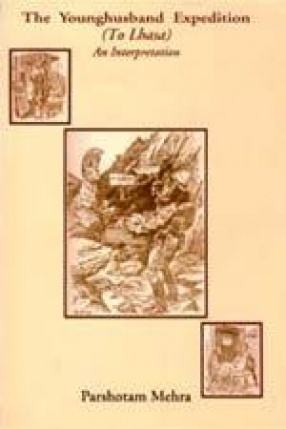
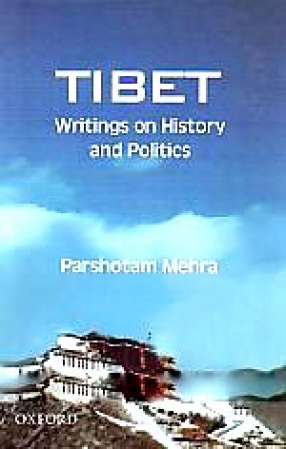

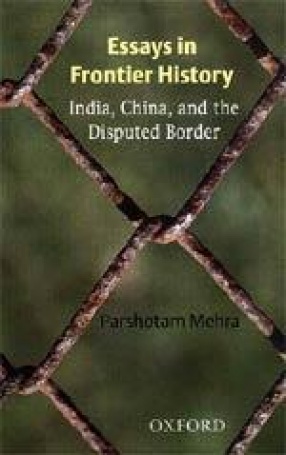
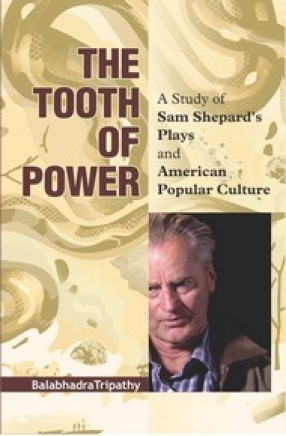
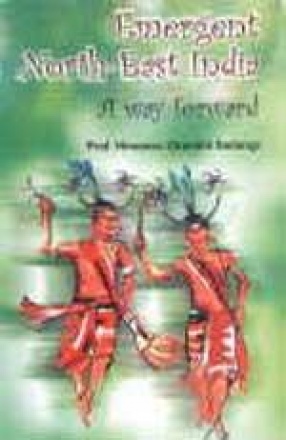
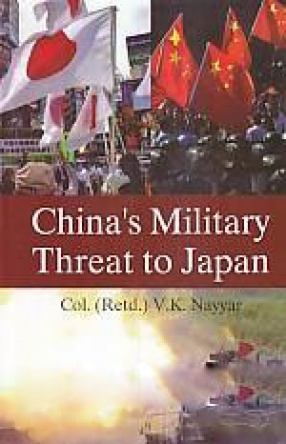
There are no reviews yet.